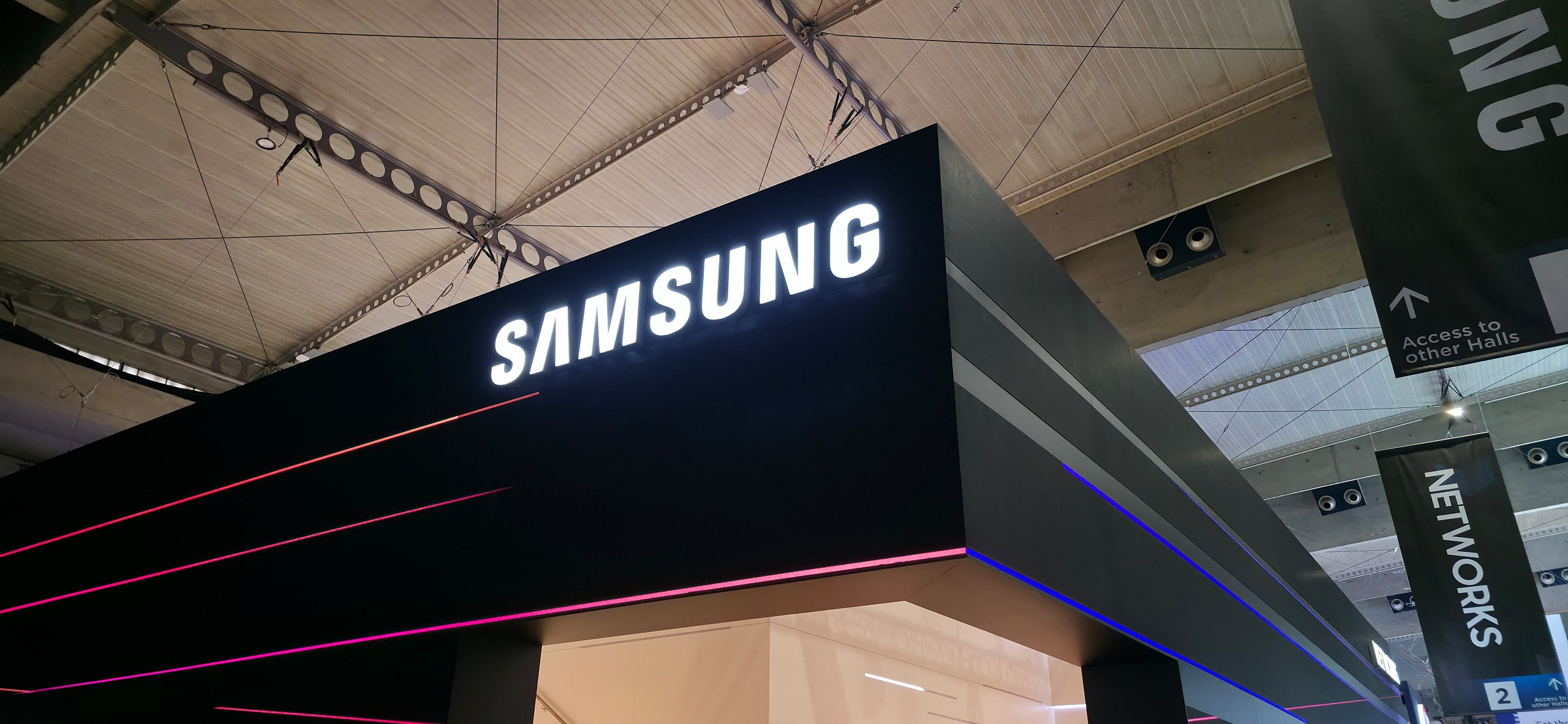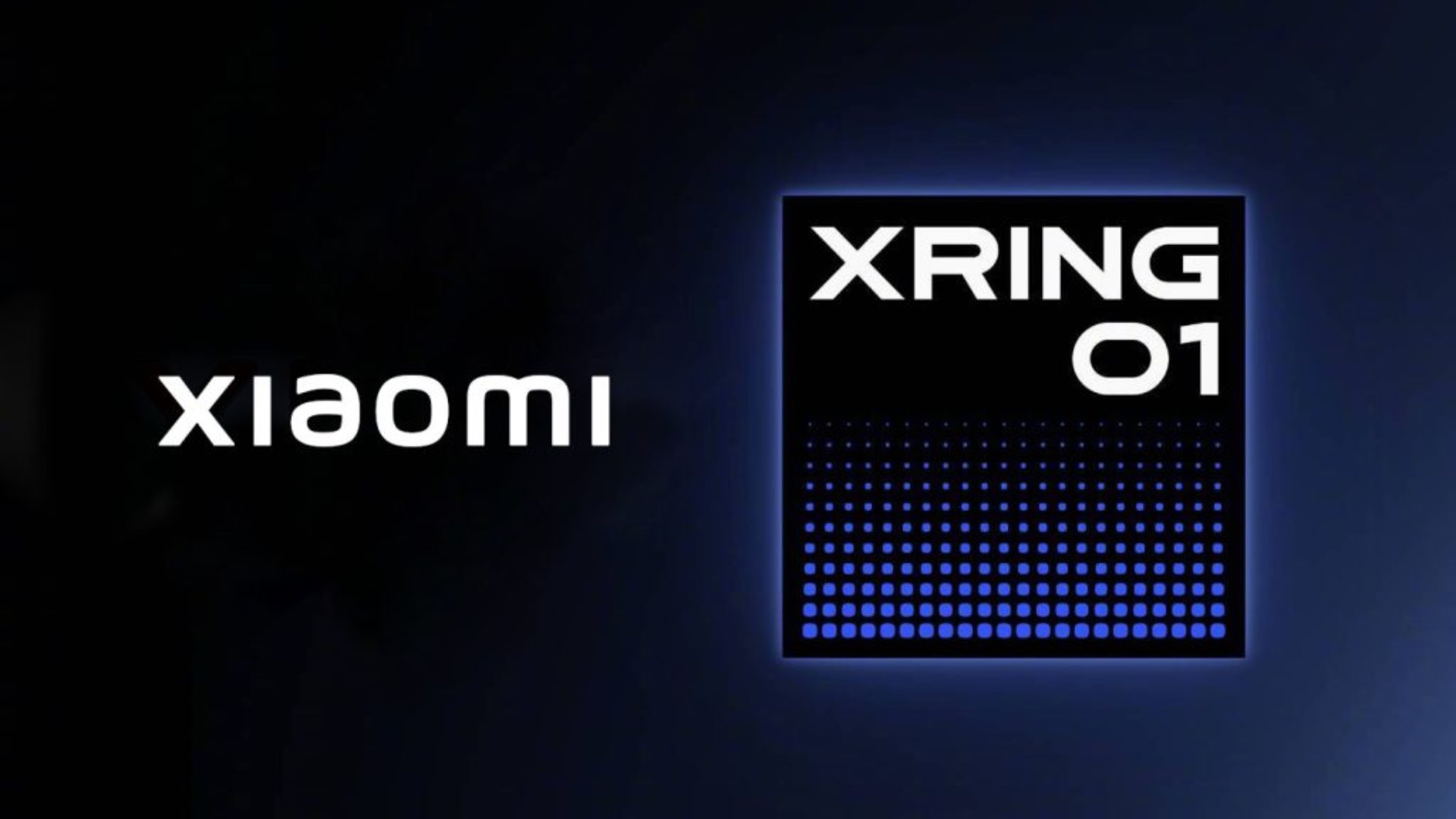Why the rumored breakup of Samsung’s semiconductor division may not happen
Much ink has been spilled over the challenges faced by Samsung's semiconductor division. Samsung Foundry in particular has been burning cash and sitting on idle capacity as it struggles to get manufacturing orders for its advanced nodes. The Samsung LSI division has been doing its bit by designing semiconductors, but even it has had to […] The post Why the rumored breakup of Samsung’s semiconductor division may not happen appeared first on SamMobile.

Much ink has been spilled over the challenges faced by Samsung's semiconductor division. Samsung Foundry in particular has been burning cash and sitting on idle capacity as it struggles to get manufacturing orders for its advanced nodes.
The Samsung LSI division has been doing its bit by designing semiconductors, but even it has had to deal with the foundry dropping the ball, as enough Exynos 2500 supply couldn't be ensured which ultimately forced Samsung MX, the mobile division, to skip LSI's product in favor of the Snapdragon 8 Elite from Qualcomm for the Galaxy S25 series.
These are just the highlights of the issues going on there. Samsung's struggles with trying to gain approval from NVIDIA for its HBM3E chips is another major issue. The company hasn't fully capitalized on the AI gold rush because of it and rivals like SK Hynix have emerged as major suppliers, making billions of dollars that could have otherwise ended up in Samsung's account.
There's been a lot of talk over the years about a major reorganization for Samsung's semiconductor division. One proposal that keeps getting mentioned over and over again is a breakup of the division that would see Samsung LSI and Samsung Foundry emerge as two separate entities. The reason presented for why this would be a good idea is easy to understand, even if it's difficult to materialize.
Samsung Foundry manufactures chips for fabless chip designers, think NVIDIA or Qualcomm, that must share their highly sensitive data and blueprints with fabs because they don't have their own manufacturing facilities. They have no other choice so they'd want to be absolutely sure that their trade secrets, funded by billions of dollars from their R&D budgets, remain secure.
Samsung LSI designs chips, such as Exynos processors that aim to compete with Qualcomm's Snapdragon. As long as both remain under a single entity, chip designers could be apprehensive of picking Samsung Foundry over TSMC, if there's even the slightest chance that some information could flow from Foundry to LSI.
To be clear, there's no known case of that ever happening, or we would have seen the semiconductor division being sued relentlessly by its clients. Despite these concerns, companies like Qualcomm have repeatedly had their chips made by Samsung Foundry, even its Snapdragon chipsets that have directly gone up against a Samsung Exynos rival the same year.
There could be unspoken concerns, such is the secretive nature of the semiconductor industry, and many industry watchers believe separating the two divisions into distinct entities could inspire confidence among potential clients to view the Foundry more favorably. Even Samsung Securities, the financial services arm of the conglomerate, has echoed the same view and advised that the Foundry should be spun off into a separate division and list on the US stock market.
In addition to resolving any lingering doubts about conflicts of interest, the move could also financially benefit the Foundry, if it's listed on the Nasdaq in the US. An initial public offering could help the company raise billions of dollars in funding that it could then use to further invest in the business, and potentially expand its manufacturing facilities in the United States.
Samsung Global Research's Management Diagnosis Office began looking into possible solutions earlier this year. A new report out of South Korea claims that the internal audit has completed and a decision may soon be made regarding the future of these divisions. One rumored solution was to take the Exynos business from LSI and fold it into the mobile division.
Another suggests LSI being merged with MX altogether, but it's believed that this isn't something MX is too keen on, given LSI's recent financial losses, which would ultimately reflect badly on the mobile division's financial performance.
This may not be the only reason why the breakup of Samsung's semiconductor division doesn't happen. It's important to note that Samsung Electronics Chairman, and heir to the conglomerate, Jay Y. Lee has already taken a public position on the matter. He already told the media late last year that Samsung is not interested in spinning off the division, rather, it's “hungry to grow the business.”
Based on how major decisions play out in South Korea's chaebols, or family-owned conglomerates, it's unlikely that this would happen not too long after Lee has taken a public position. He's not like business leaders from the west who you'd see on Bloomberg or CNBC every other day talking about what they're thinking in terms of the business. Lee rarely provides comments to the media so a lot more weight must be placed on the finality of a matter in which he has shown his cards.
Institutional thinking carries its own weight. A split might seem like a logical decision for outsiders, but insiders may consider the reasons to be absolutely frivolous. They may feel that the company has demonstrated a solid track record of ensuring that its foundry customers' trade secrets are never compromised, so the assumption that something may happen in the future is unfounded. Insiders may even view that assumption as being a mark on their honor, another cultural nuance that few seem to take into account.
They may also believe that operational dynamics could be enough to put any concerns to rest, and also because it's not like chip designers are spoiled for choice. If the foundry has enough of an edge over TSMC, whether in terms of technology, capacity, or price, customers would have no option but to go with it. There really is no other viable option. For a fabless chip designer that can't find enough capacity at TSMC, Samsung remains the only other player that has the capability and the capacity to produce chips at scale on advanced process technologies.
Samsung is a behemoth that can't be nudged, pushed, or forced to take decisions it can't justify. Just ask any of the activist investors that have repeatedly tried to influence strategic decisions but haven't really had much luck. It's difficult to see things playing out any other way this time around as well.
The post Why the rumored breakup of Samsung’s semiconductor division may not happen appeared first on SamMobile.






